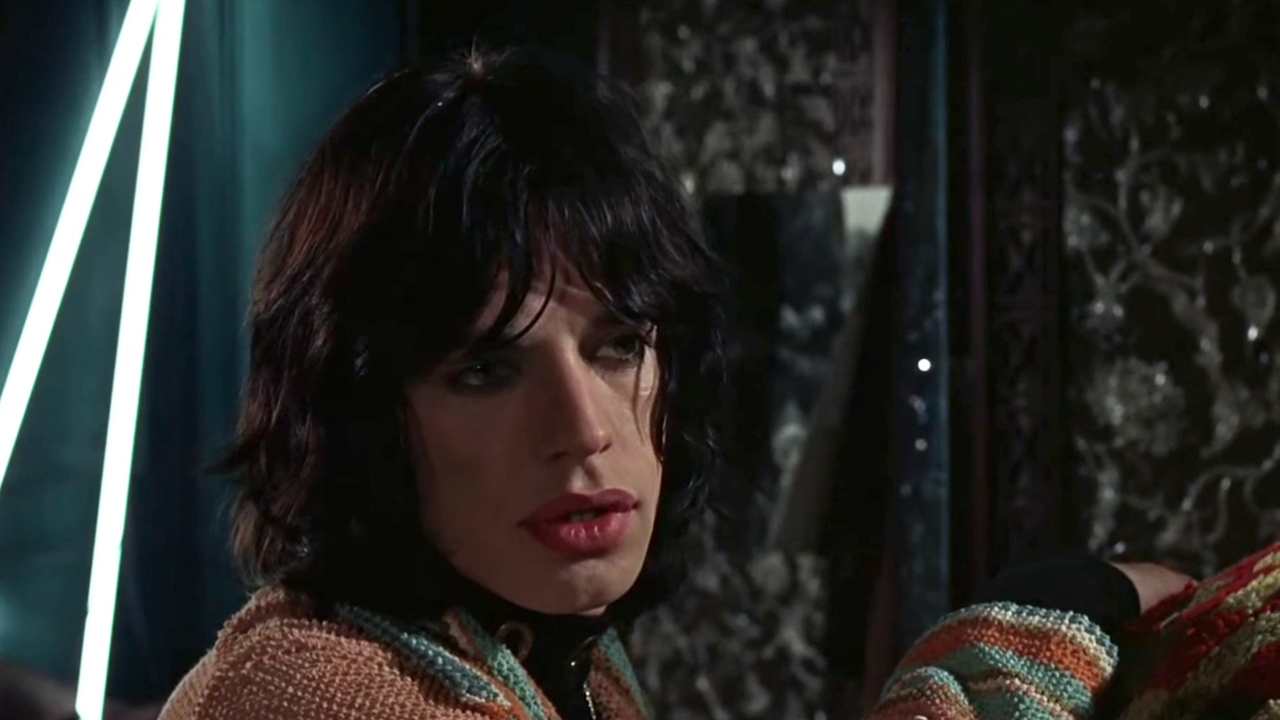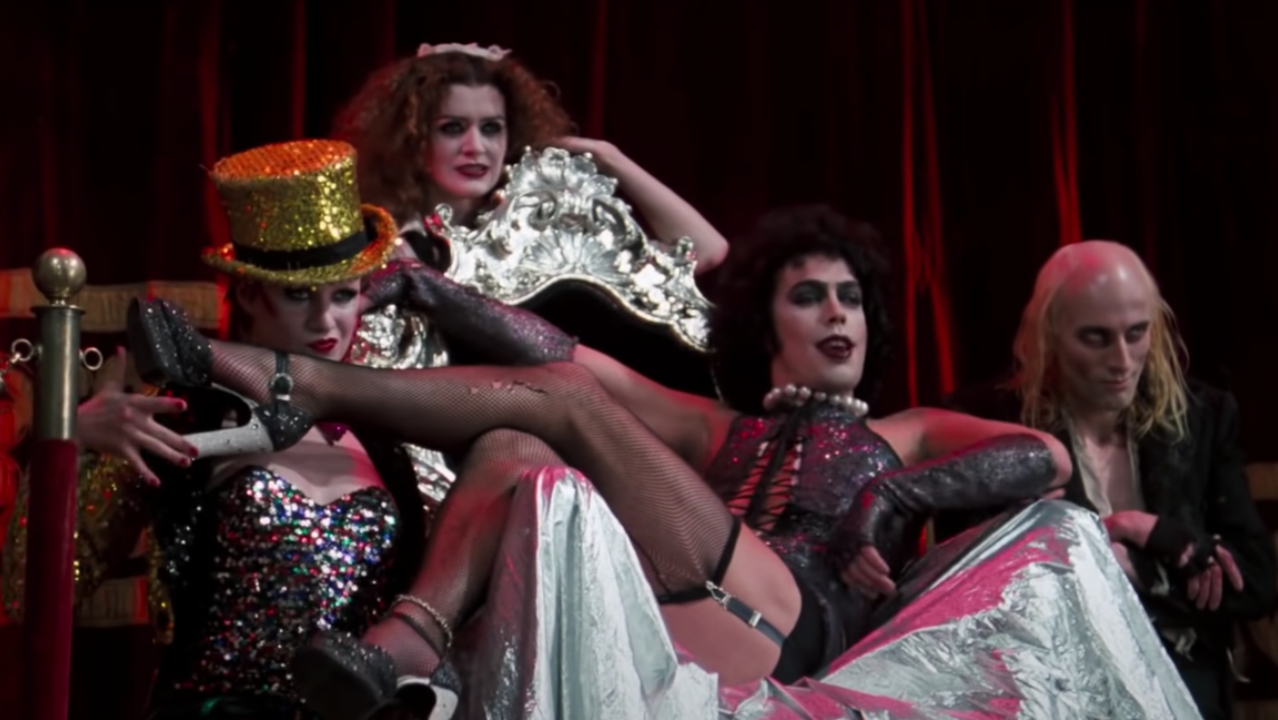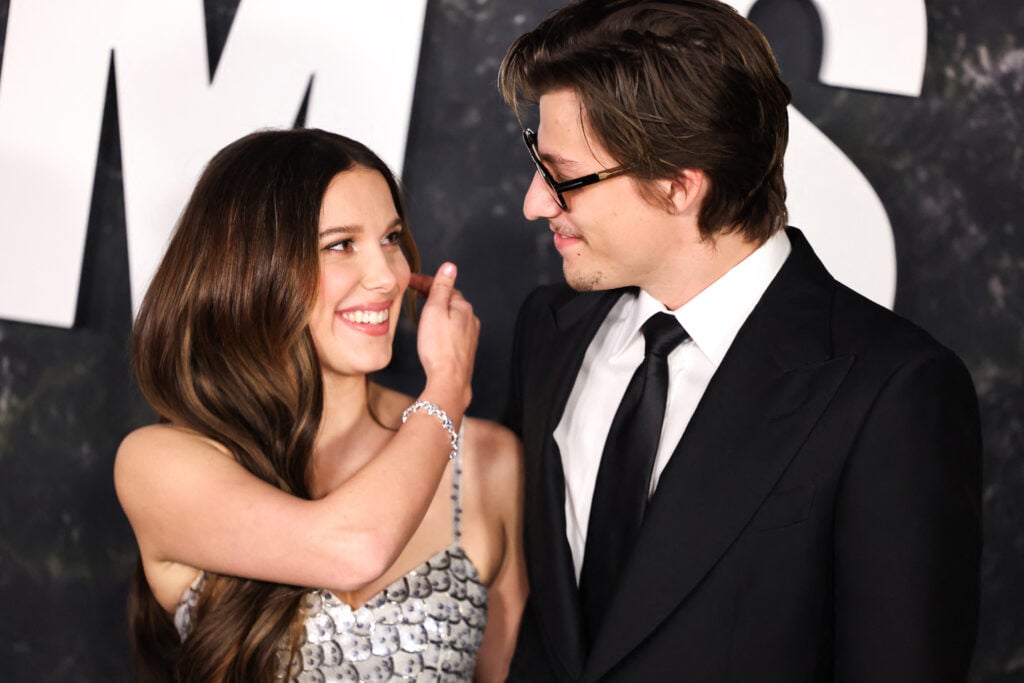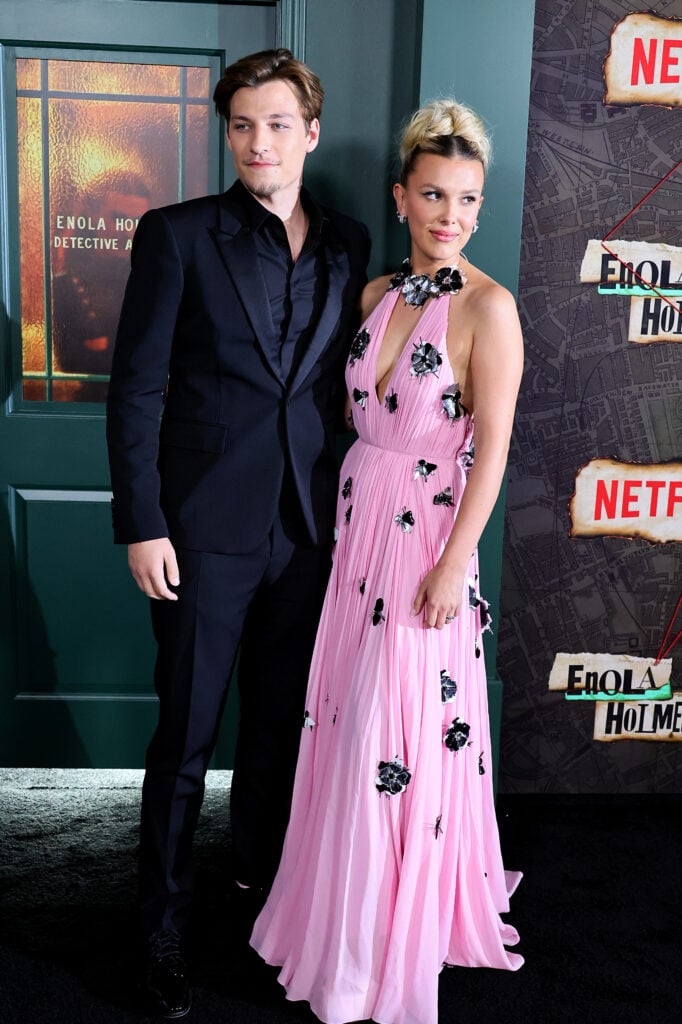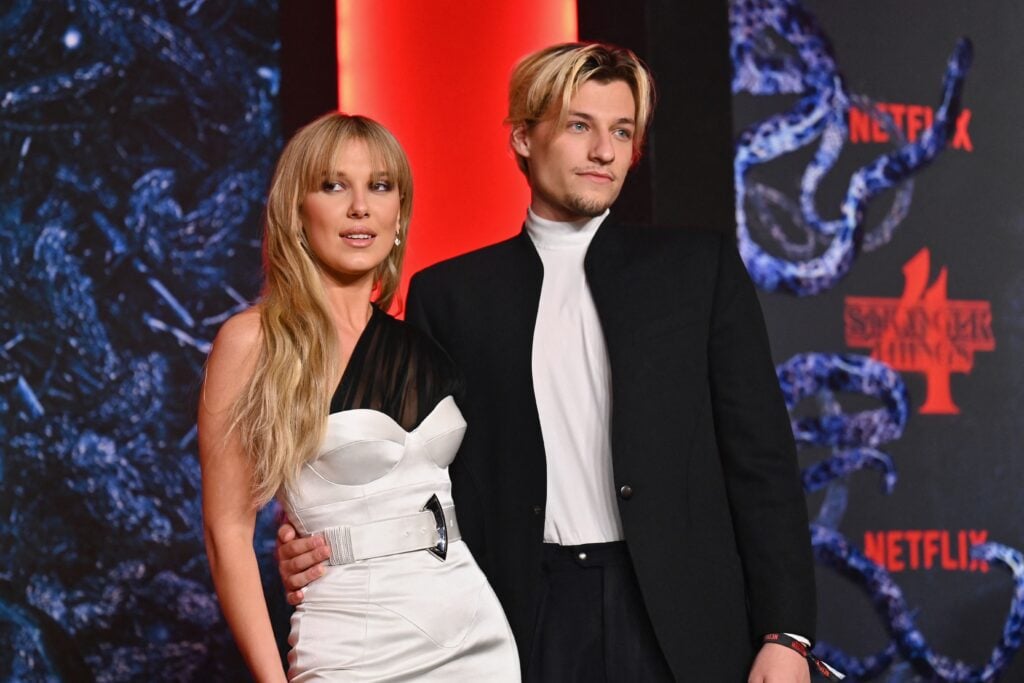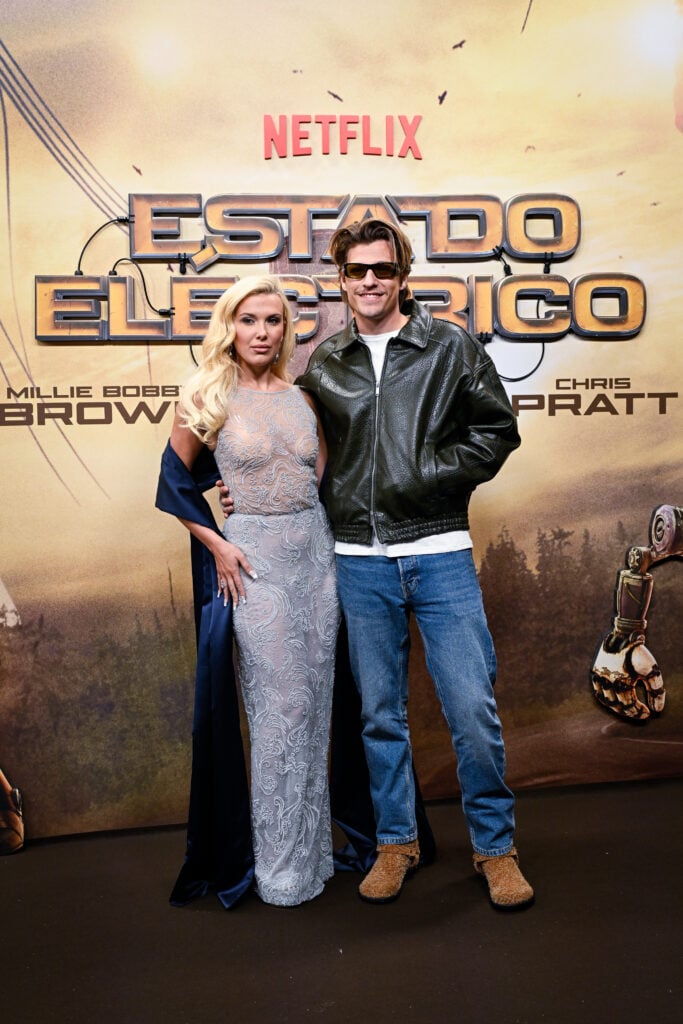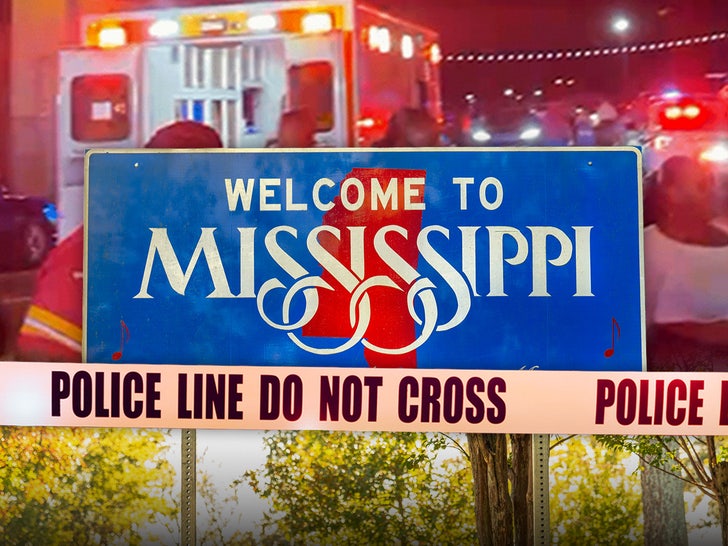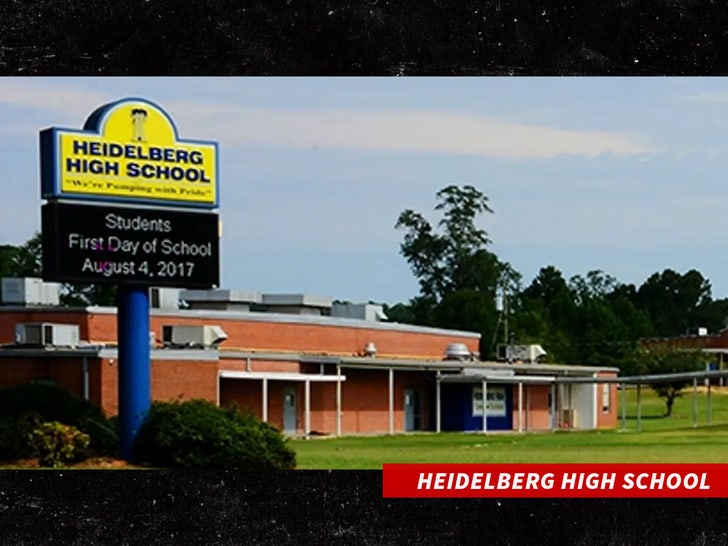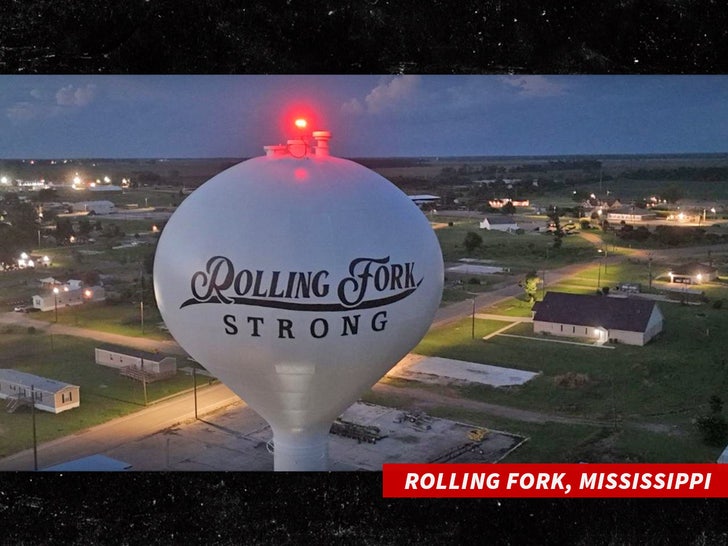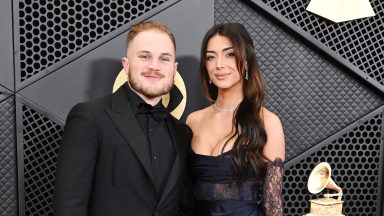From Boston to Cannes, Donnie Wahlberg and Sonequa Martin-Green are on the Cote D’Azur for the world premiere of Boston Bluethe next development of Blue Blood.
Blue Blood ran for 14 seasons and nearly 300 episodes on CBS, which gives Boston Blue some big shoes to fill when it launches on the same network this fall. Continuity comes in the form of Wahlberg, who reprises his role as Danny Reagan.
Wahlberg, whose band New Kids on the Block has an ongoing Las Vegas residency, also serves as executive producer. This time, Danny is working cases in Boston rather than New York. His new partner is Lena Silver, played by Sonequa Martin-Green, who may be new to the franchise but knows what it’s like to work on a high-profile spin-off, having starred in Star Trek: Discovery. Like Danny, Lena comes from a distinguished family of police officers, so they speak the same language.
Paramount Global Content Distribution is selling the series, produced by CBS Studios and Jerry Bruckheimer Television. Brandon Sonnier and Brandon Margolis – also known as ‘the Brandons’ to Wahlberg and Martin-Green – are showrunners and executive producers. The procedures continue to be sought after around the world, explaining why Blue Blood is debuting on MIPCOM, the biggest international TV market of the year. The duo told Deadline how they’re honoring what’s come before while offering something new.
DEADLINE: The pilot episode covers a lot of ground. You have to introduce new faces and explain Danny’s situation. Oh, and there’s also a case to solve.
DONNIE WAHLBERG: There was a lot to go into there. There is the introduction of a new family. It’s taking Danny from New York to Boston and making sure it makes sense and establishing new characters. For me, one of the most critical parts was creating a trusting bond between Danny and Lena. We are planting seeds. Over the life of a show, you can see everything grow and evolve, but making it super interesting from the beginning, and doing it in a way that sets it up for the future, was a huge challenge.
SONEQUA MARTIN-VERDE: This is a character-driven story. I feel like you don’t see that a lot in this genre. And I think that’s why, at the base of our series, we’re going to be able to have the characters evolve. We will be able to meet these people and see them change.
DEADLINE: The chemistry between Danny and Lena is present from the beginning. Isn’t there that story, which we often see, of partners who take a while to be affectionate with each other?
MARTIN-VERDE: Something that caught my attention on the page is that there is a soulmate between the two. There are all these parallels. They both come from big city law enforcement families, they understand what it’s like and what such a specific lifestyle is like. Their connection is authentic. It just happens and surprises them both.
DEADLINE: Is this relationship important in establishing why Danny is moving from New York to Boston?
WAHLBERG: I kept telling the Brandons that the public would have a hard time believing Danny would leave New York, but we found good reasons why.
If he doesn’t get along with Lena, then why would he? On the page there were jokes and one-liners and things that could be interpreted as conflict, but Sonequa’s interpretation was that they could be like that [and get along with one another] because they see something in each other. They come from similar structures. Your opinion was so spot on. I said, ‘That’s the partner he would stay for in Boston.’
DEADLINE: What are the key elements of Blue Bloods that viewers will recognize in Boston Blue?
WAHLBERG: You need faith, family and tradition. Just because we move to a new city doesn’t mean they don’t exist there too, although they may have different traditions and beliefs and a different family. Having played Danny Reagan for 14 years, I have met many law enforcement families from all over the country, of all different backgrounds and religions, and there are many who relate to the Reagans. We hope they bond with the Silver family now.
DEADLINE: This also supports the idea that although it is a crime show with crimes and police work, it is also a family drama.
MARTIN-VERDE: I love that it’s actually a family drama and the backdrop is law enforcement. We may see more than one area of law enforcement, from the crime scene to the prosecutor’s office, but with any quality story what really draws people in are the characters. That’s really what makes it memorable and that’s what makes it a legacy, which is what we had with Blue Blood. That’s why there were 14 seasons. Faith, family, and traditions kept people going, which is why they were so upset when this went off the air. I appreciate that Donnie and the other EPs, and obviously our showrunners, the Brandons, knew that if we wanted to continue this TV legacy, we had to keep faith and family and tradition at the center of it.
DEADLINE: And do we see a new vision of the dinner table meeting?
WAHLBERG: It’s the first time Danny doesn’t know the table. It’s a [Jewish Sabbath] Shabbat dinner and he’s probably experienced some of that in New York, but it’s a new family and a new dynamic. Danny usually just says what he wants and how he wants it at the table. He’s respectful, but he doesn’t hold back. Now it’s a different world to navigate. It is very interesting and fun to play. It gives me a new challenge in trying not to blurt out what’s on Danny’s mind, but it still has to be him.
MARTIN-VERDE: We will get to know this family through the eyes of Danny Reagan. He becomes representative of the audience because we are introduced to this multi-ethnic, multi-religious family who observes Shabbat. One of the things I loved about our version of family dinner was the fact that this family observes the Sabbath and also has this Christian influence through the grandfather (Ernie Hudson as Reverend Peters). I just think it’s phenomenal. It was very important to see this. I feel like this took some courage.
DEADLINE: Was it a challenge for you, Donnie, balancing the role of executive producer on Boston Blue and starring as Danny, a character you played for 14 seasons on Blue Bloods?
WAHLBERG: Before filming it wasn’t challenging, because I wasn’t filming, I was just giving my ideas, thoughts and influence, and looking for ways to build on that. So on set, I’m an actor and I want to respect my fellow actors. I want to be in the soup with them so it feels like they are working with someone who shares their passion for the craft.
MARTIN-VERDE: I felt a great degree of ownership over Captain Burnham when we finished the five seasons I did [of Star Trek: Discovery]. I can only imagine what this property would be like if 14 seasons had passed. And I know what it’s like to be number one on the call sheet and then also be a producer, and I know that sometimes it’s a very fine line to walk. It’s been exciting to be able to step into a supportive position knowing what that entails.
DEADLINE: How are you finding the balance between keeping the original Blue Bloods fans happy but also creating a new world?
MARTIN-VERDE: We are all calibrating this based on the understanding that we are building on a really solid foundation, the television legacy of Blue Blood. I know what it’s like to be on a newer iteration of a legacy TV [after Star Trek: Discovery] like the back of my hand. We are paying tribute to what came before, to Donnie and all those who laid the foundation. So we’re branching out and trying to find our individuality and our uniqueness.
DEADLINE: Does it help that you’re both used to working in established fandoms? Sonequa with Star Trek and The Walking Dead, and Donnie with Blue Bloods and, of course, New Kids on the Block?
WAHLBERG: Everything meets everything else. Being in a band for 40 years and being in the music business has taught me how to deal with personalities in a different way. So becoming an actor taught me how to deal with my bandmates in a different way.
There is a delicate dance of meeting certain audience expectations, of honoring certain things they have come to appreciate and expect, and also of carrying them forward. Because of the nature of my band, because of the nature of Blue Bloodbecause, for Sonequa, the nature of Star Trek legacy, we come from a place where you respect what came before.
DEADLINE: Do you listen to your fans or do you have to tune out a little bit of that?
WAHLBERG: There are people who say: ‘Fans don’t decide this and that.’ Well, they decide a lot. They don’t write the scripts, but they invested time and dedication. We work by respecting the fan base and then finding ways to take what they love and move forward, so that we’re not doing the same episode every time for the next 20 years, or the same show. Otherwise, why do you even bother doing a spin-off? It’s something we’re both used to and I think it prepared us to be in this situation.
